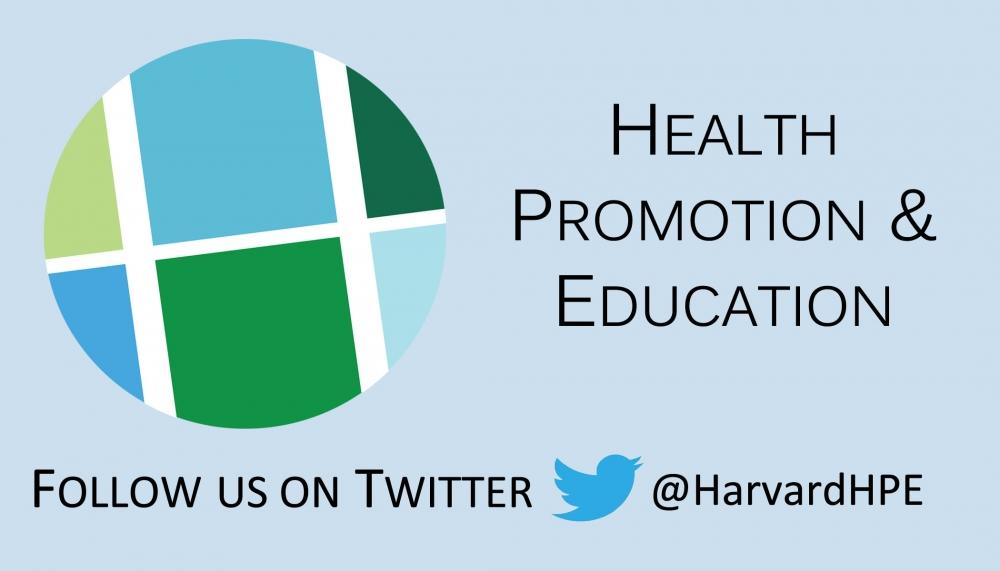
As final deadlines for classes approach, sleep is getting more and more valuable (and rare...). Check out this blog post on Alcohol & Sleep originally posted on Harvard's Department of Health Promotion and Education (HPE) blog! For more information visit hpe.huhs.harvard.edu or email [email protected]
Alcohol & Sleep
It’s common knowledge that when someone drinks, their brain is impacted by alcohol. Usually, the effects of drinking are typically seen within 30 minutes or so and last for as long as the person continues to drink... and then some! But what isn’t often thought about is how the alcohol STILL impacts the drinker once they fall asleep. Once the behaviors associated with drinking alcohol stop because someone falls asleep, it’s easy to think that the alcohol is no longer having an impact. Well...
Here are just a few of the impacts that alcohol has on sleep:
Sleep Physiology
When a person has alcohol on their brain, they spend more time in Stage 1 sleep. Stage 1 sleep is when a person drifts in and out of sleep and is awaked easily. Due to the long periods of time spent in this light-sleep stage, people have increased wake periods,, causing sleep disruption. This also impacts the proportions of the other stages of sleep, meaning that people don’t spend nearly enough time in the deeper stages, 2-4, or all important REM sleep cycle.
Shorter Periods of Sleep
When the alcohol is metabolized and is no longer on the brain, a person then will go into REM-rebound, meaning that they will experience longer periods of REM. Depending on the amount of alcohol someone consumes, this can either occur during the night right after someone drinks, or the following evening-- this is why heavy drinking can impact sleep multiple nights after a person drinks! Since it is very easy to wake during REM, when a person is in REM-rebound, they end up waking up much earlier than they wanted, causing them to get fewer hours of sleep.
Alertness and Performance
Alertness, as assessed through the Multiple Sleep Latency Test, is found to be reduced and impaired in individuals who consumed alcohol the prior evening.
Disturbed Sleep
Alcohol’s diuretic quality will contribute to more trips to use the bathroom during the night, which is already increased due to liquid consumed with alcohol! And don’t forget that this will add to dehydration the following morning!
We all know how important sleep is (if you want to be reminded, be sure to check out A Better Night’s Rest, HPE’s newest Sleep Program!); getting high quality sleep is just as important as getting the right amount of sleep! If you choose to drink, be sure to keep in mind the ways that alcohol can impact your sleep, and remember that the less you drink, the less your sleep will be impacted!
For more information about alcohol and sleep, or to have a discussion about your own alcohol use, please contact a DAPA or The Office of Alcohol & Other Drug Services.
References:
http://pubs.niaaa.nih.gov/publications/arh25-2/101-109.htm
https://www.drinkaware.co.uk/check-the-facts/health-effects-of-alcohol/e...
